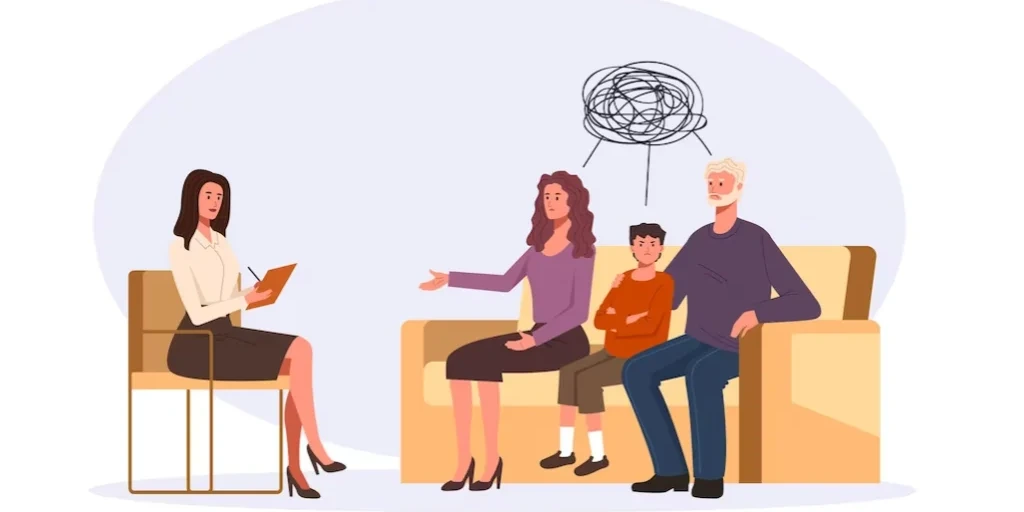24/7 Helpline:
(866) 899-111424/7 Helpline:
(866) 899-1114
Learn more about Depression Treatment centers in Peachtree City
Depression Treatment in Other Cities

Other Insurance Options

Premera

Magellan Health

Lucent

Absolute Total Care

Holman Group

United Health Care

Coventry Health Care

MVP Healthcare

Highmark

Medical Mutual of Ohio

State Farm

Group Health Incorporated

UnitedHealth Group

Ambetter

Molina Healthcare

Health Choice

Private insurance

CareSource

Anthem

Evernorth

Georgia Addiction Treatment Center
Georgia Addiction Treatment Center (GATC) is a CARF-accredited drug and alcohol rehab located in Pea...

Grace Harbour
Grace Harbour is an outpatient mental health clinic that serves individuals from all ages in a holis...





Turning Point New Directions
Turning Point New Directions is a counseling clinic located in Tyrone, GA. Turning Point New Directi...

The Insight Program
The Insight Program is a private rehab located in Tyrone, Georgia. The Insight Program specializes i...

Pyramid Healthcare – Pine Ridge Manor Halfway House for Men
Pyramid Healthcare - Pine Ridge Manor Halfway House for Men is located in Tyrone, Pennsylvania. Pyra...
































































